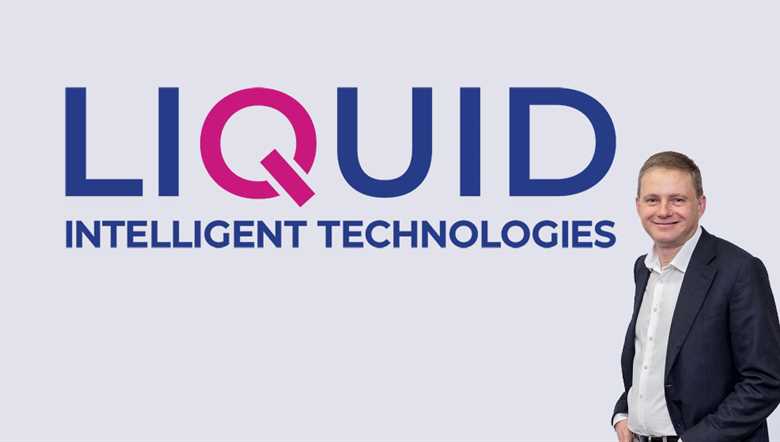Liquid partners Nokia to drive regional connectivity
Liquid Intelligent Technologies, a business of pan Africa technology group, Cassava, has partnered with Nokia to drive innovation and connectivity in the region.
The announcement comes in light of the imminent launch of the new terrestrial data superhighway built by Liquid, which connects Kenya and South Africa.
This will help address one of the deficiencies the region faces, that is connectivity, with Africa accounting for 21 of the 25 least-connected countries in the world.
In Zimbabwe alone, the Postal and Telecommunications Regulatory Authority of Zimbabwe (POTRAZ) total active internet and data subscriptions increased by 4,3 percent to reach 9,700,385, from 9,300,560 during the third quarter of 2022.
Internet penetration rate also increased by 2,6 percent to reach 63,9 percent from 61,3 percent, creating scope for more investment towards enhancing connectivity.
Now, through the partnership, Liquid deployed Nokia’s innovative transport network technology in the new terrestrial fibre route connecting Mombasa (Kenya) to Johannesburg (South Africa).
The technology used has allowed Liquid to build its first terrestrial route that will provide 12 terabits of capacity for carriers and service providers in South Africa, Kenya, Uganda, Rwanda, Zambia, Zimbabwe, and the DRC.
The route, which measures 16,576 km, has been designed to cater to the demand for more capacity from Liquid’s hyperscale customers.
Cassava Technologies president and chief executive officer, Hardy Pemhiwa said: “As a business of Cassava Technologies, Liquid is committed to enabling a digitally connected future for every business and individual in Africa.
“We are proud to partner with Nokia as we expand our high speed fibre backbone on the continent. This investment further demonstrates our commitment towards Africa’s inclusive digital transformation.”
Additionally, the route will provide thousands of businesses and millions of households in many of Africa’s landlocked cities, towns and villages with more resilient connectivity and access to numerous data centres and cloud resources. At the same time, this will be providing an alternative option in case of a subsea cable outage between the two countries. Zimbabwe is one such countries expected to benefit from the initiative.
Head of Central East and West Africa (CEWA) Market Unit at Nokia, Rajiv Aggarwal said: “Nokia’s next-generation optical network will enable Liquid Intelligent Technologies to maintain its leadership position and emerge as a preferred partner of organisations requiring massive capacity.
“We are delighted that our technology and expertise will help Liquid Intelligent Technologies provide the best-in-class digital infrastructure to Africa’s enterprises and will play a role in strengthening the digital infrastructure of the continent.”
The African Union’s Digital Transformation Strategy 2020 – 2030 aspires to universal digital access and a single pan-African digital market by 2030, which is expected to create profound impact. This comes as the World Bank estimates that in Africa a 10 percent increase in mobile internet penetration could translate to a 2,5 percent increase in gross domestic product (GDP).
However, the digital divide across the region remains a huge challenge as fewer than one-third of Africans have access to broadband connectivity.
Three hundred million Africans live more than 50 kilometers from a fibre or cable broadband connection.
At just 36 percent, Africa’s internet penetration compares poorly with the 62,5 percent global average.-ebusinessweekly









